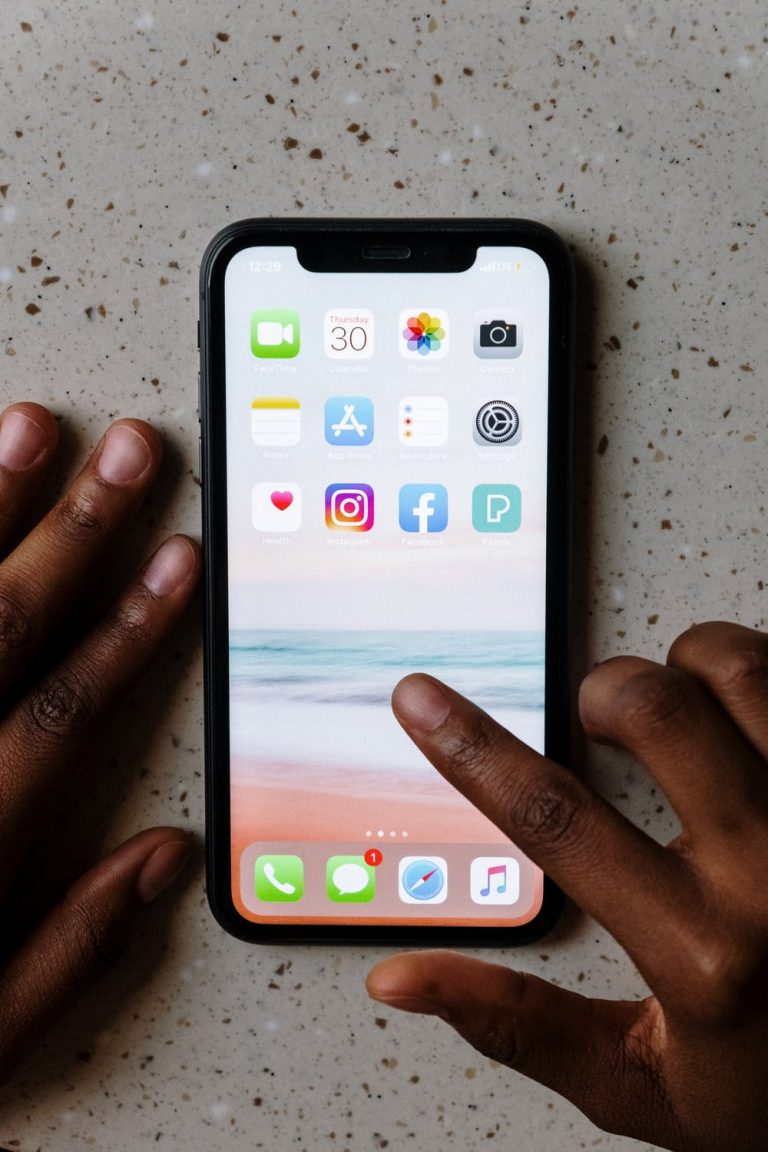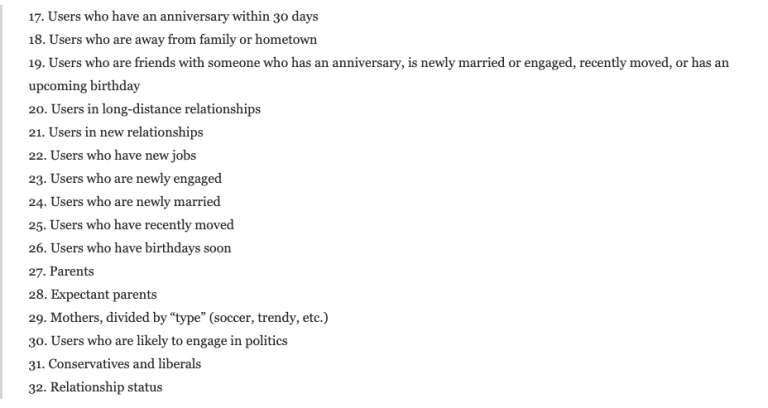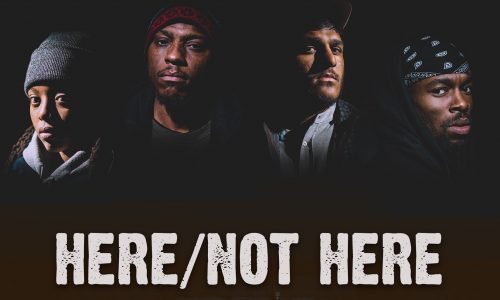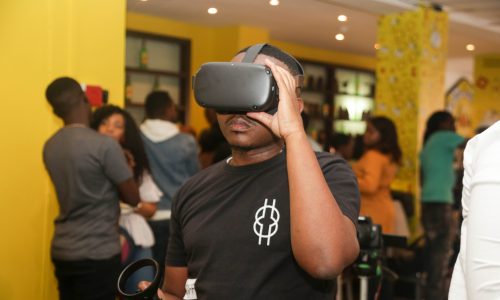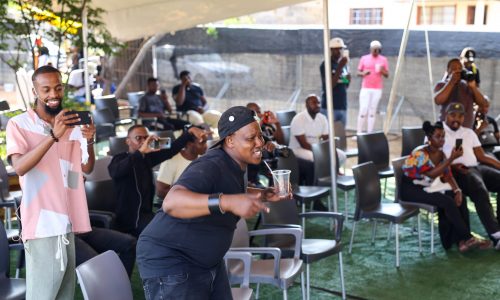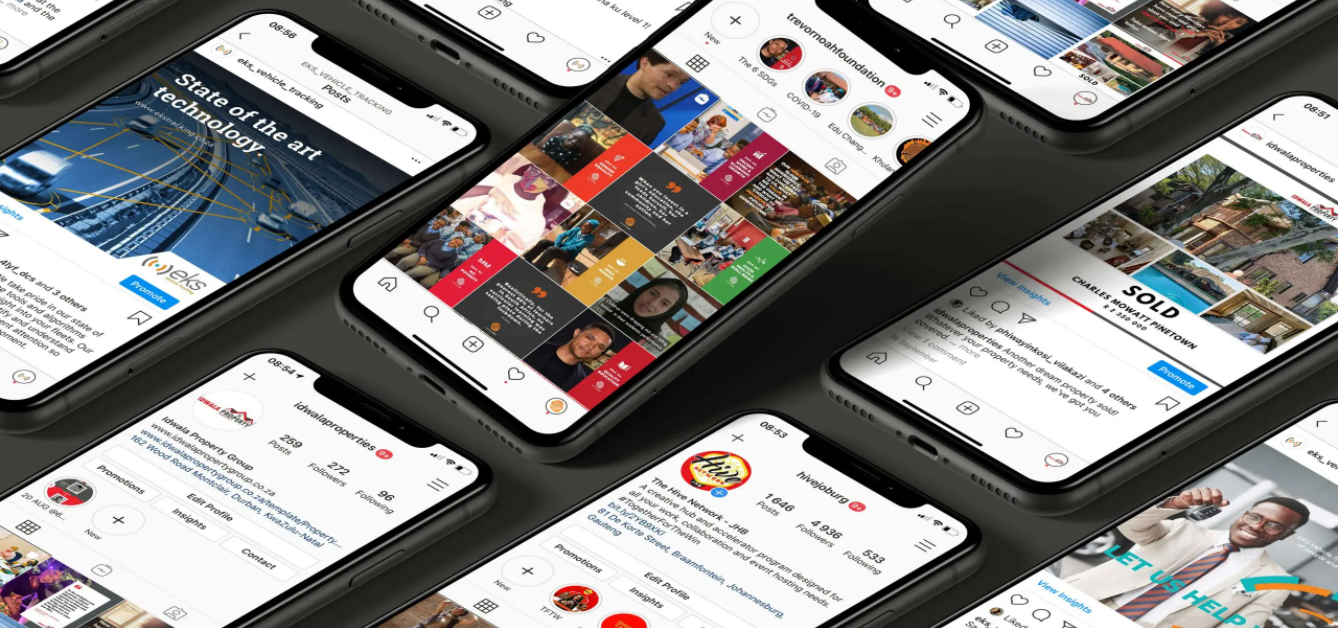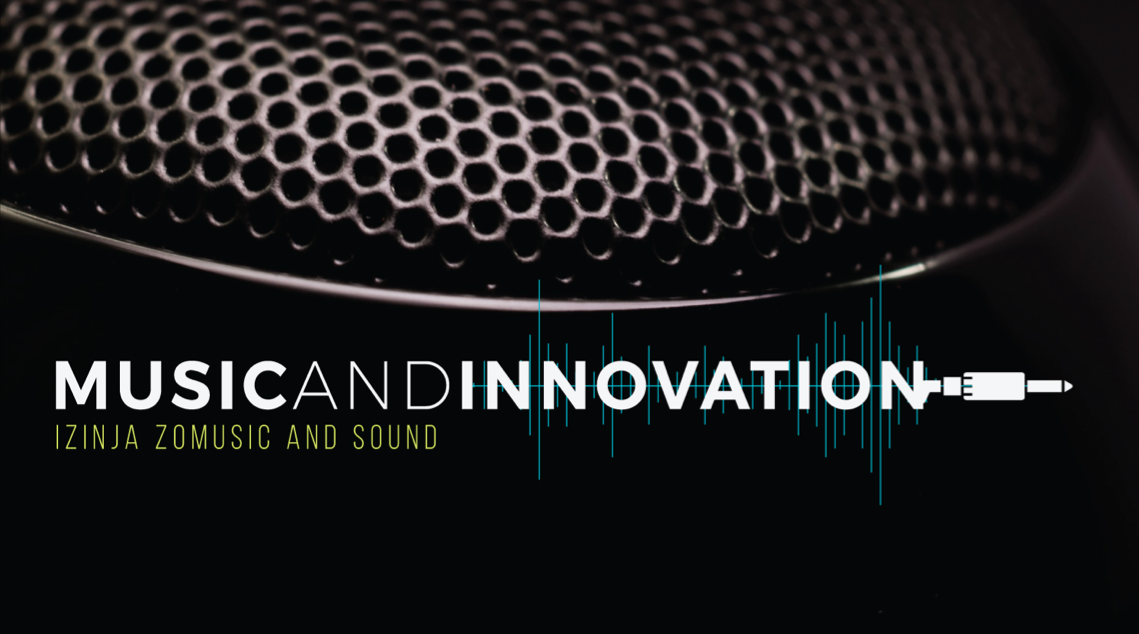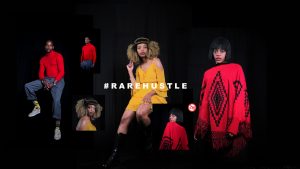
Let’s talk about advertising on ‘The Facebook’
A Hive Network Knowledge Session
Whether it’s “sponsored” posts or pages suggested for you, a lot of content we never sign up for has a way of ending up on our timelines. Some of this content may go as far as telling us which of our “friends” have already liked the brand or product being promoted.
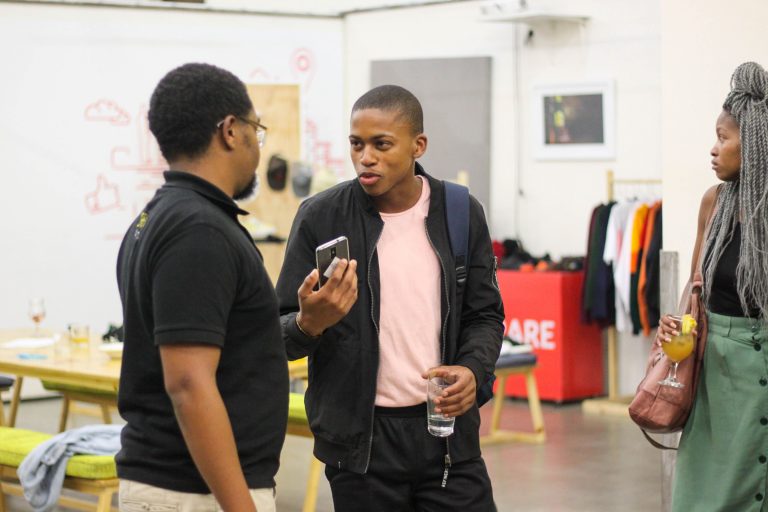
Remember when social media was just social?
Despite the controversial documentaries, publicized court cases and modern social media’s overall bad rep, it’s very unlikely that brands, creators, startups and major corporations will be ready to give up on social media as an advertising platform anytime soon.
We attended a Digify Africa #BoostWithFacebook session to hear about advertising on the world’s largest social media platform, and what all the fuss around “paid content” is really about.
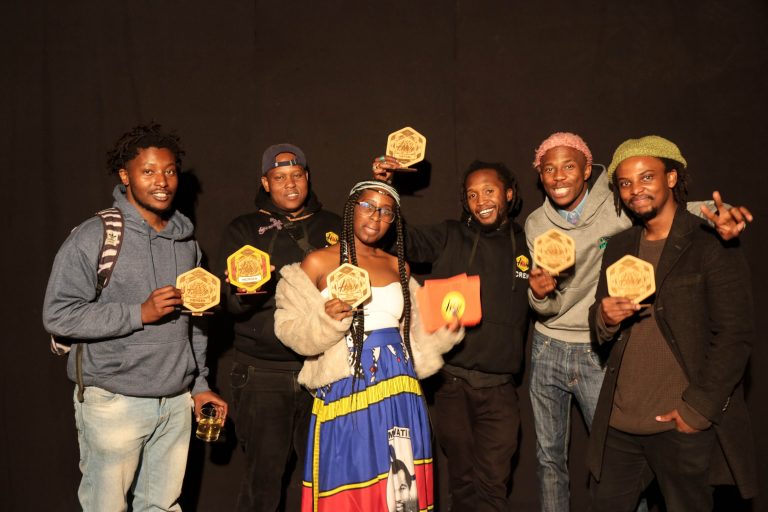
The Facts:
- With over 2.7 Billion users accessing their accounts at least once every month, Facebook is the world’s largest social network.
- According to Statista over 22.9 Million of these users are South Africans, 34.9% being between the ages of 25 and 34 (the “Are you married yet?” generation).
- FB ads can also run on Instagram, the Facebook Audience Network and (maybe soon) that other chat app “From Facebook”.
- Facebook’s advertising revenue is projected to hit $94.69 Billion in 2021 (for that year only).
Despite these staggering numbers and the power to (allegedly) influence national elections, the real genius of Facebook advertising lies in the platform’s targeting capabilities. The amount of data FB keeps on each user allows advertisers to target the exact time, place, mood and mindset in which users are likely to engage or buy.
For a tourism business, this means finding people when they are most likely to consider a vacation. If your partner’s birthday is coming up, how about a nearby florist that happens to stock Carnations, her favourite flowers?
Quote:
“…with the information you’ve already given Facebook, through your profile and your clicks, you end up with what is arguably the most complete consumer profile on earth”
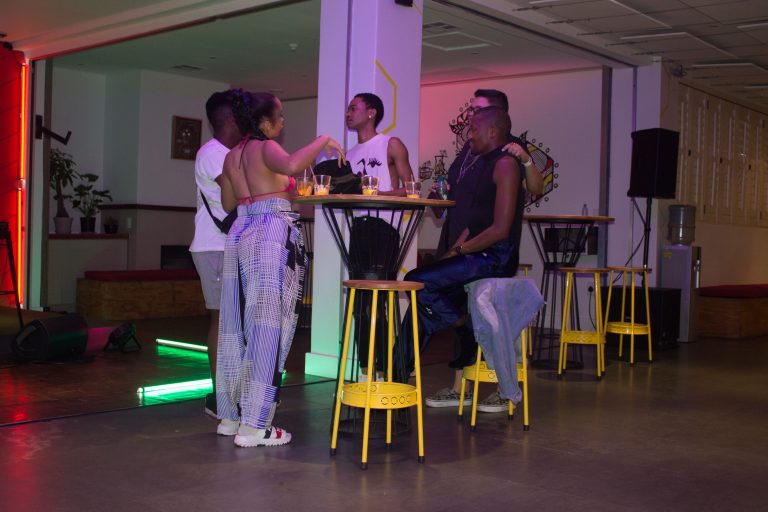
So what about you, ‘The Advertiser’?
Or ‘adversary’, whatever clicks your links.../
While we (civilians) lament the death of our privacy, Facebook’s massive reach and obsessive targeting capabilities present startups and creators with opportunities they wouldn’t afford through traditional marketing channels.
The crux of Digify’s #BoostWithFacebook session gave attendees a practical introduction to setting up and using Facebook ads. I’d personally recommend that you check out the Facebook Ad Manager platform and play around with the buttons for your own practical experience.
From our side, here are 5 things to know before going in:
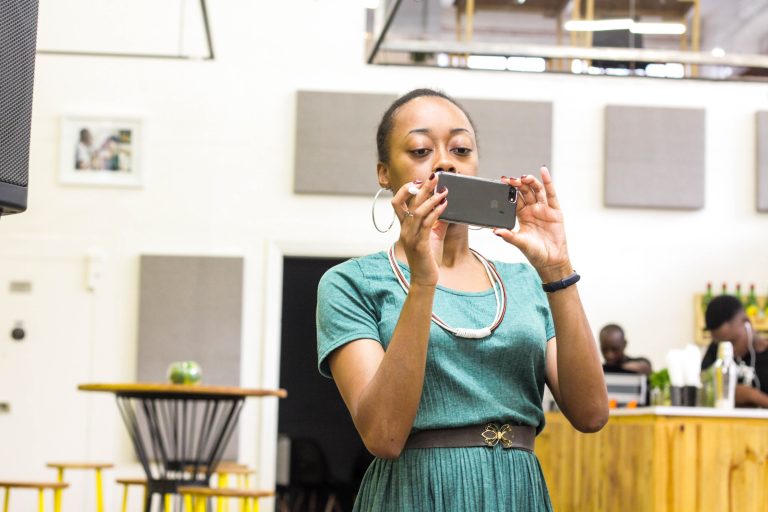
- There’s a difference between boosted posts and Facebook ads. A boost is when Facebook gives you the chance to promote a post that already appeared on your page. A Facebook ad is created (from scratch) using Facebook’s Ad Manager platform. Generally, ads allow for more creative freedom and appear in more places than “Boosted” posts.
- Each ad begins with defining a goal. Are you trying to introduce more people to your brand? Are you looking to drive users to a specific page or possibly sell them one of your products?
- Once the goal is selected, you will get a chance to define the audience your ad will target.
- Your scheduling & budget choices will decide when and how often the ad will appear. This is also where you decide your bidding strategy and other pricing options.
- Since there are so many businesses trying to reach a single user, advertisers bid against each other every time an ad has an opportunity to appear. This bidding is not done manually, rather it is covered in the bidding strategy.
Organic vs. Paid Content
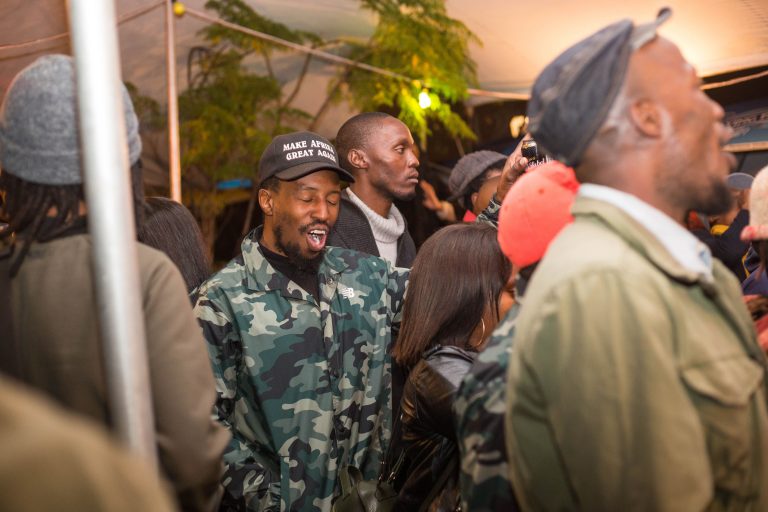
Despite all this marketing power, the best social media marketing strategy is still knowing your audience and enchanting them with great content. Even with massive reach, campaigns may fail to grab an audience’s attention or garner valuable engagement.
Facebook supplements every ad campaign with data reports to help advertisers grow and improve from every ad campaign. This information can be used to improve future ads or a business’ organic content.
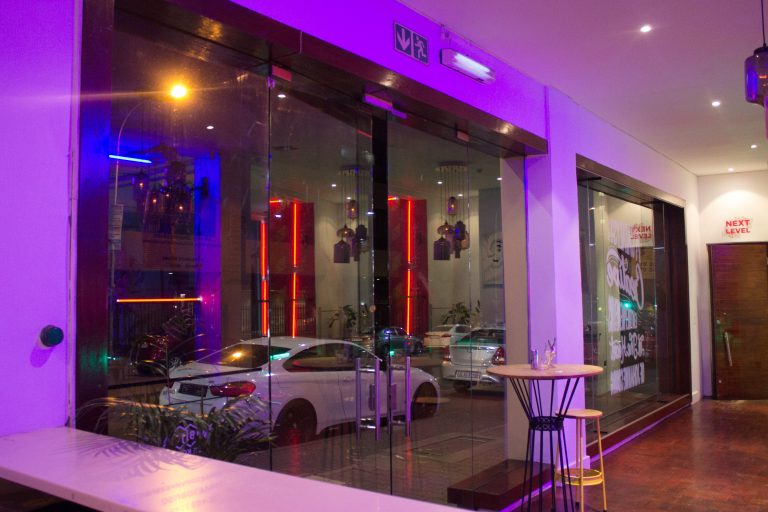
Remember, big brands have sizable creative teams or marketing divisions planning their entire content calendars by the months. If you wish to compete, you’ll need to be crafty about balancing your organic vs. paid content, as well as your presence on other digital platforms.
Conclusion
For more insightful digital business tools, you can checkout Digify Africa and signup to one of their free #BoostWithFacebook sessions at digifyafrica.com.
Otherwise, view below for some additional reading and don’t forget to follow us @hivejoburg on all socials.
Additional Reading:
Written by: Lungelo Hlela (I am Multeemedia) // Images by DayPhotoLife & various sources
– – – – –
Lungelo Samkelo Hlela has won (Loerie, Bookmark & Creative Circle) awards for his work as a digital copywriter. With “nothing to share”; he has been a contributing writer on our blog since 2018
